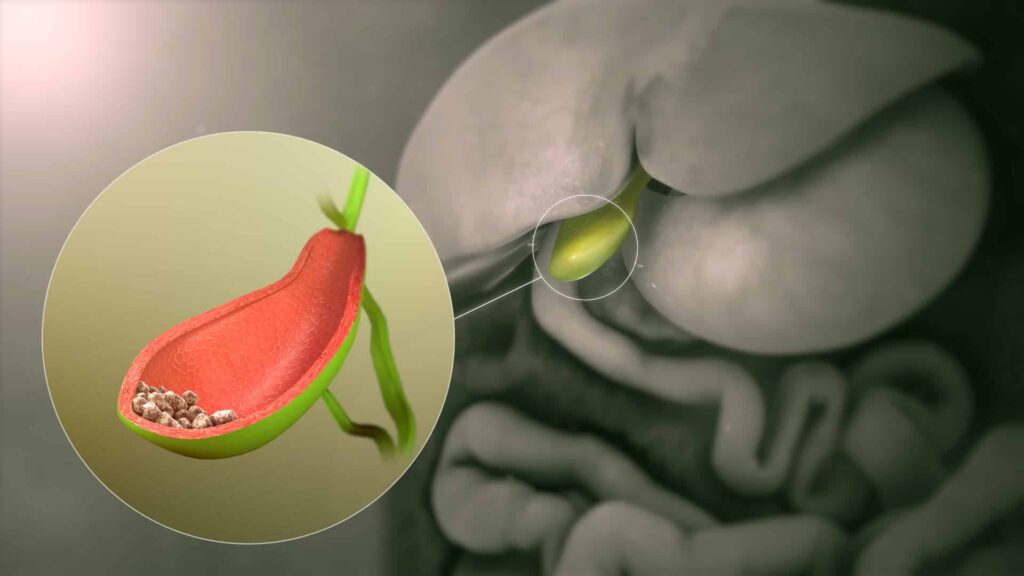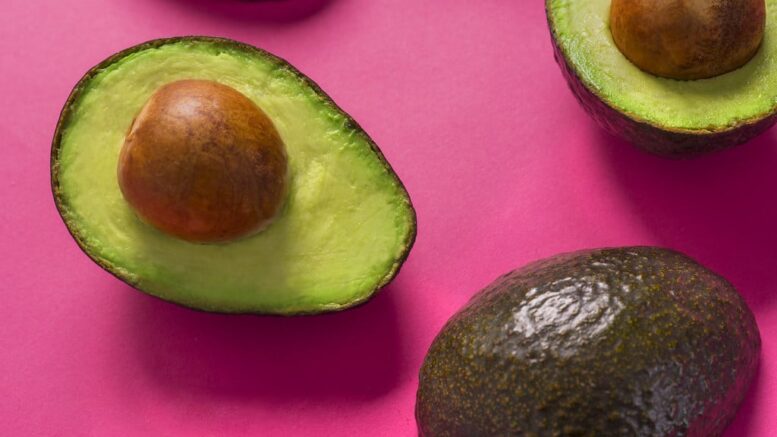Can I Eat Avocado with Gallstones? – Overview
Gallstones arise when bile constituents like cholesterol and bilirubin (RBCs destruction products) collect and develop stones in the gall bladder.

Can I Eat Avocado with Gallstones
The gallbladder stones varied in diameter from giant solid stones made primarily of fat to little stones made primarily of bilirubin. in addition, Gallstones can be very tiny to see.
Dietary factors that may induce or prevent the development of gallstones are being studied.
These studies show that there is a very strong relationship between a high-fat diet in the formation of gallstones.
Dietary Factors Causing Gallstones
There are a lot of diets that can promote the formation of Gallstones, among them are:
• Junk, unhealthy food
• Trans fat, meat intake
• A high-calorie diet
• Fasting for a long time
• Sugars that have been enhanced and high carb content in the meal
• Fiber inadequacy
• Fasting and rapid rate of weight loss
• Diet plans with a very limited daily calorie
• Consumption of a lot of fructose
• when Bean consumption is high.
• Vitamin C inadequacy
Avocado Nutrition Facts

Can I Eat Avocado with Gallstones
A popular dark green snack with a big depressed and gloomy wrinkled covering.
Alligator pear and Persia Americana are other names for them. For a lot of people, they’re a must-have ingredient. They can be found in everything from salad dressings to rolls to shakes and even cookies.
Now, let’s take a look at the nutritional ingredients of avocado:
Per 100g of avocado contains the following:
-
- Calories: 160
- Total Fat: 15 g
- Saturated Fat: 2.1 g
- Trans Fat: 0 g
- Polyunsaturated Fat: 1.8 g
- Monounsaturated Fat: 9.8 g
- Cholesterol: 0 mg
- Sodium: 7 mg
- Potassium: 485 mg
- Total Carbohydrates: 8.5 g
- Dietary Fiber: 6.7 g
- Sugars: 0.7 g
- Protein: 2 g
- Vitamin A: 7 mcg
- Vitamin C: 10 mg
- Calcium: 10 mg
- Iron: 300 mcg
Can You Eat Avocado with Gallstones?
In general, every gallstone patient should receive the minimum amount of fat (25% of daily allowance).
Avocado contains a high quantity of fat, which is the constituent that you want to avoid when you have gallstones.
So, you should avoid consuming avocado because it can worsen your symptoms and make your stone get larger.
Other Dietary Advice with Gallstones
1. Frequent meals
Gallstones can be prevented by eating frequently and avoiding fasting for long periods.
Following food stimuli, frequent gallbladder emptying occurs, and this biological hormonal reaction reduces gallbladder stagnation which plays an important role in gallstones pathogenesis.
2. Unsaturated fat
The risk of gallstone development is inversely proportional to the concentration of unsaturated fats and fibers consumed.
In population-based research on males, lengthy consumption of unsaturated fats was found to be preventive. Peanuts may also aid in the prevention of gallstones.
Gallbladder activity appears to be increased by unsaturated fat, preventing biliary stagnation in the gallbladder.
Because an acceptable amount of fat in a low caloric food can increase gallbladder motion and avoid bile stagnation, the process could entail fatty content activation of gallbladder emptying.
Hyperlipidemia causes delayed bile discharge, which is mainly owing to diminished responsiveness to the natural digestive stimulant cholecystokinin.
Intake of seafood may be inversely associated with the development of cholesterol gallstones.
3. Vegan Foods
Studies have shown that gallstone incidence and undergoing gallbladder removal are low among vegetarians. In addition, vegetables appear to have a protective effect when there are other risk factors such as obesity and high-fat food.
4. Coffee
Despite that the effect of coffee is still a conflict zone, many studies demonstrated the beneficial effect of coffee on gallstone formation.
Reduced hepatic lipid production and release, as well as a beneficial effect on the gallbladder and gastrointestinal movement, are the key mechanisms behind this effect.
Non-Dietary Measures with Gallstones
1. Having a lean body
Optimal body weight has been associated with a lower incidence of gallstones. This is mainly due to low body fat which is the main constituent of gallbladder stones.
2. Regular exercise
Exercise has been proven to lower cholesterol levels and avoid gallbladder stone formation. performing regular exercise can help relieve gallbladder discomfort and lessen the frequency of gallbladder pain episodes.
Conclusion
Factors relating food patterns and lifestyles to gallbladder stones have been extensively researched, paving the path for therapies targeting modifiable factors that can decrease gallbladder development, especially in high-risk populations.
Maintaining an acceptable body mass through proper food consumption and lifestyle modifications, suitable weight loss in fat people, and possible nutrition choices could help to reduce the chances of gallbladder stones.
See Also
Can I Eat Eggs with Gallstones
Can I Eat Bananas with Gallstones
References
https://pubmed.ncbi.nlm.nih.gov/26455113/
https://pubmed.ncbi.nlm.nih.gov/19803550/
https://d-nb.info/1151369640/34
